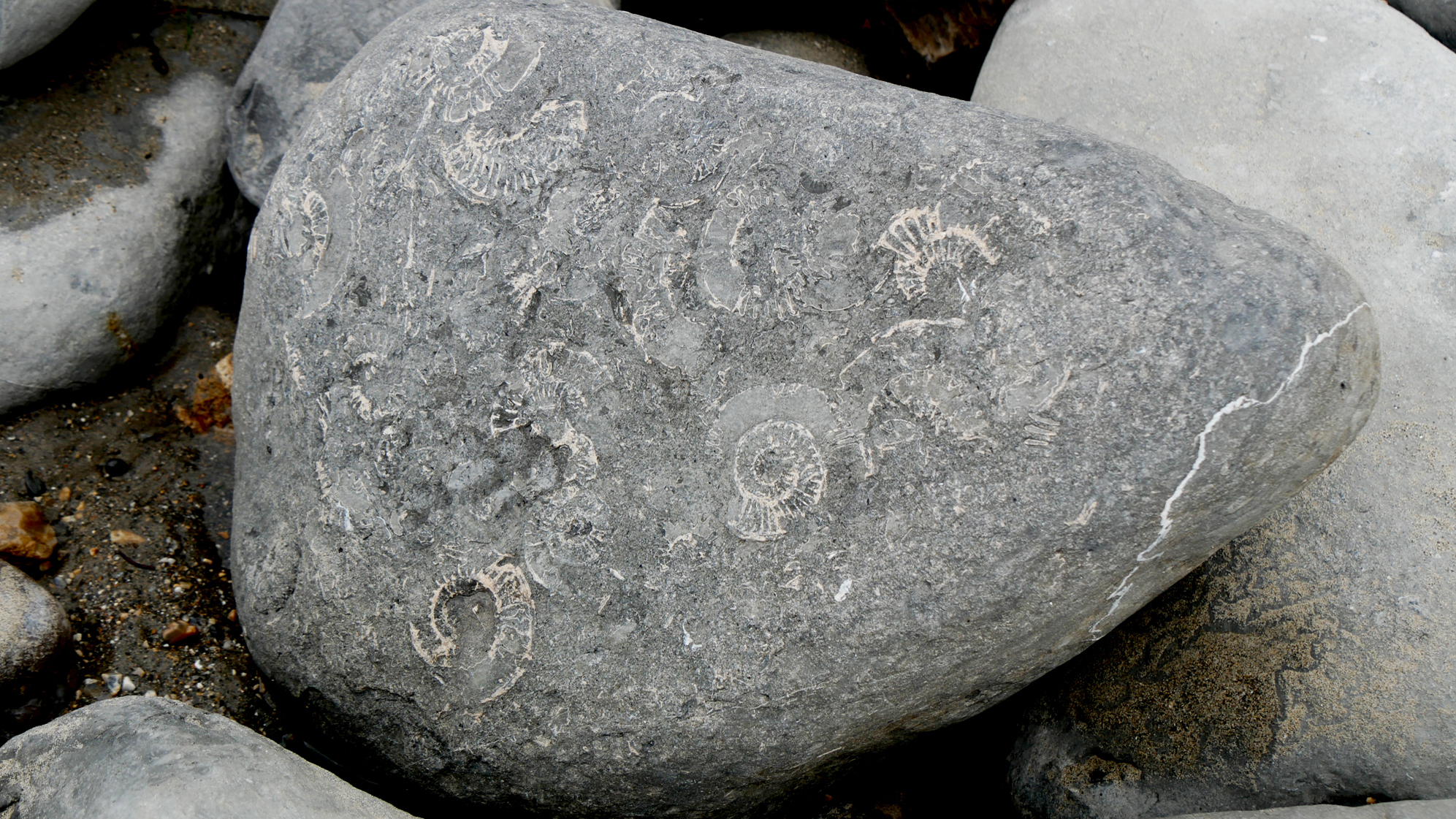Prior to lockdown I enjoyed a couple of days in Lyme Regis, the English seaside town renowned for its fossils – and the setting for the newly-opened film Ammonite, which tells the fascinating story of Mary Anning, the original 1800s fossil hunter.
What is amazing about Lyme Regis are not just the fossils embedded in the cliffs but the huge boulders and stones, just lying on the beach, full of ammonites – the traces of sea life from millions of years ago.
These relics from the past sparked a conversation about what we leave behind, what is frequently referred to as “legacy” – or “the work you are meant to do.” When this concept first started becoming popular in management and leadership studies it seemed to me a little, well, self-important – why should ‘little ole me’ be thinking about my professional and personal legacy in this way?
But the positive psychology research backs up the value of this thought process – people who act with a purpose are more fulfilled in their activity, get more done and are happier overall. When we reframe what we are doing as part of something bigger, an overall aim or goal, we perform better.
This is reinforced by the science of strengths – that we are at our best when we are using those skills and aptitudes that we are good at, and that make us feel energised and enthused.
We’ve seen so many examples of the power of a purpose in recent months as individuals, communities and societies have pulled together for the greater good.
While the legacy we leave after us, in our jobs, our communities or friendships, may not be visible or held in memory for long – and definitely not in comparison with an ammonite – I recommend you spend some time thinking about your purpose:
Ask yourself:
- What is it that you are great at? How can you do more of this?
- What drives you? Think about what underlies your decisions, how you choose to spend your time. What are the things you really care about?
- What energises you? What are those activities that you can totally lose yourself in?
- In your roles – professional, personal and community – is there an underlying theme in what you do, how you do it and what you are interested in?
- Looking back in 20 years’ time, what will you want to have achieved? What will it look and feel like?
- Or look back – what have been the things you think you were particularly praised for?
If you want to look deeper, one of the best things I can recommend is working with a coach to help you identify your purpose, and work out how to engage it throughout all aspects of your life. Contact us for more details or click here for more information about coaching.
